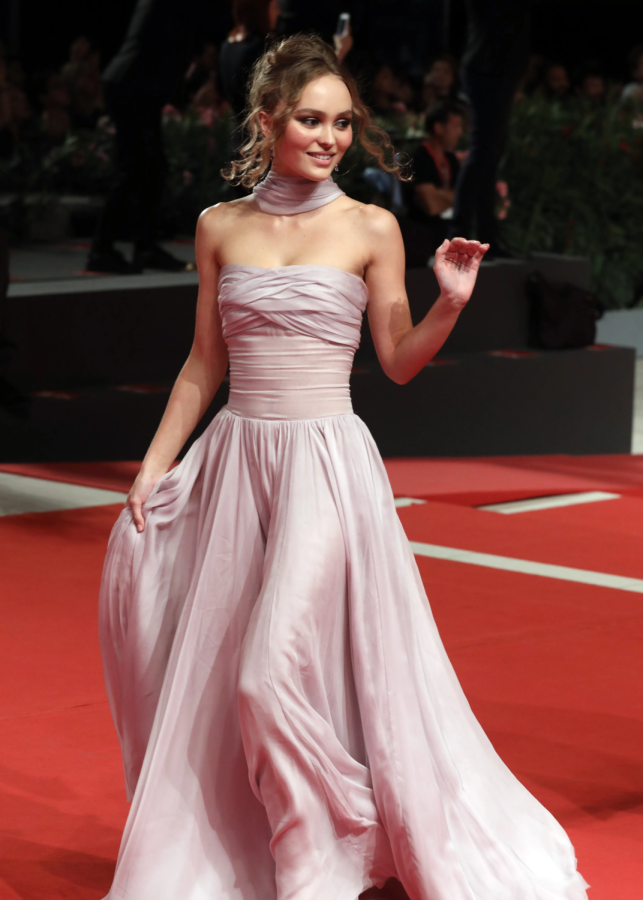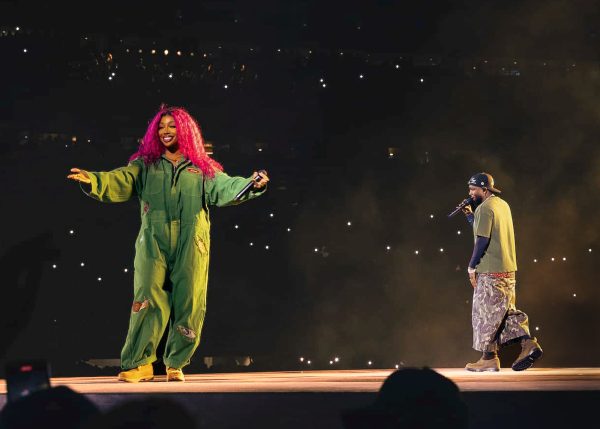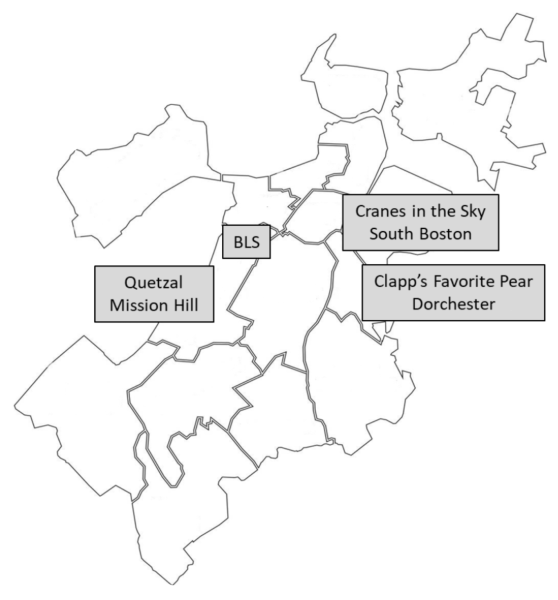“Nepo Babies” Steal the Screen
In the entertainment industry, nepotism is everywhere. You may know that Jaden and Willow Smith, Kendall Jenner and Zoë Kravitz all owe part of their success to their famous parents, but did you know that Robert Downey Jr. is also a “nepo baby?” How about Benedict Cumberbatch or Angelina Jolie? In fact, even Taylor Swift is a nepotism baby, and chances are one of your favorite celebrities is one as well. As widespread as the practice of nepotism is in Hollywood, it has gone unnoticed by the general public until recently.
Nepotism is as old as Hollywood itself. The film industry of the 1920s was a fairly insular community with few opportunities for newcomers. Connections were an absolute must for entry, and as such, the children of famous actors, musicians, producers and studio owners obtained preferential access. While their parents were working, they played minor background characters, gaining early footing and experience in the entertainment industry. This pattern continued even as the industry expanded.
The issue of nepotism in the entertainment industry received mainstream attention last December, when New York Magazine released a cover story titled “She Has Her Mother’s Eyes. And Agent.,” a deep dive into the phenomenon. Many children of accomplished performers in the industry were quick to snap back. O’Shea Jackson Jr., the son of rapper Ice Cube, responded, “I had to get my [***] up and make it work.” Jamie Lee Curtis, the daughter of actors Tony Curtis and Janet Leigh, said that although she got hired very early into her acting career, she still had to work incredibly hard in her roles throughout the past 44 years. It is clear that nepotism has become a polarizing issue within the entertainment world.
On one hand, it’s easy to hate nepotism babies because they have an unfair advantage. As Hollywood is becoming more and more diverse, roles in Hollywood are also becoming increasingly competitive. This problem also relates to the lack of multiculturalism that Hollywood still faces: there are large groups of people who are not adequately represented in film, so it isn’t fair that the faces we see on screen are the same faces we were seeing 50 years ago.
Logan Le (II) states, “‘Nepo babies’ can take […] opportunities away from others who may be equally or more qualified.” The children of Hollywood’s elites have a head start before the race has even started.
On the other hand, just because you get your foot in the door early doesn’t mean you aren’t talented or good at what you do. Life is inherently unfair, and some people are born with advantages compared to others. As Zoë Kravitz notes to GQ magazine, “It’s completely normal for people to be in the family business.” It’s only natural to want to do what you love and take advantage of every opportunity that comes your way.
Maya Castro (VI) says that “if a ‘nepo baby’ […] turned out to be good morally and good artistically, then it would help the entertainment industry,” but “it may overpower some actors and artists who have made and created their own paths.” Olivia Huynh (III) agrees, stating that they “did put effort into their career […] it’s just a matter of if they’re transparent about it.”
Nonetheless, “nepo babies” continue to make up a large part of Hollywood, gaining many roles and privileges unavailable to those wanting to enter the industry for the first time.








AJ • Sep 2, 2023 at 4:25 pm
Taylor Swift isn’t a nepo baby. Her parents had connections, but from a completely industry. They worked in finance. They didn’t have any connections to the music industry. Coming from a well off family doesn’t automatically make you a nepo baby. Especially when you’re going into a completely different industry where you have no connections.